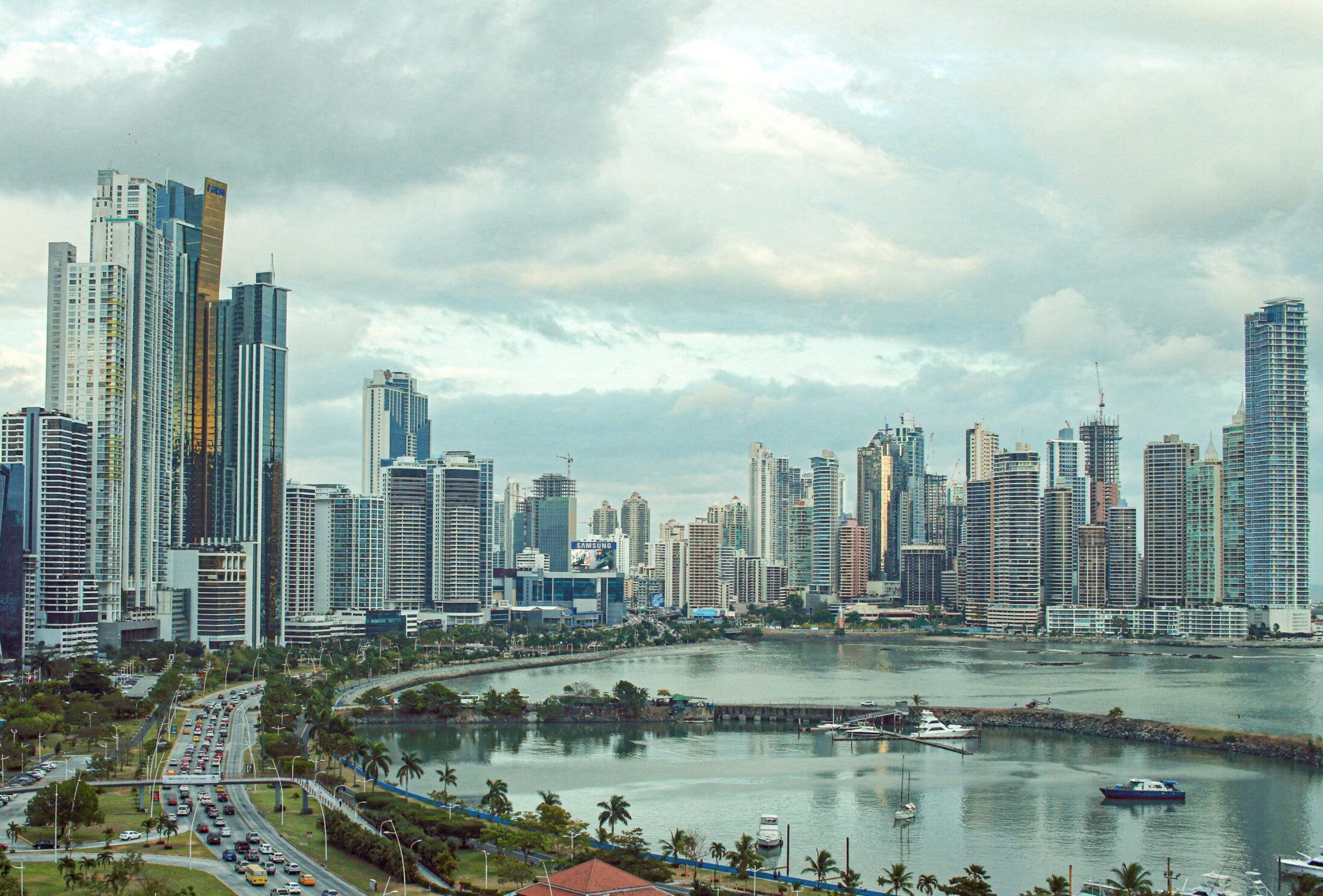Panama City, Panama (1 March, 2023)
The Ocean Action 2030 coalition has today been strengthened by two new participating members: the Development Bank of Latin America (CAF) and Sustainable Development Reform Hub (SDR Hub) at the University of New South Wales. Both organisations will support countries in developing Sustainable Ocean Plans, the blueprint for ensuring a healthy ocean.
Ocean Action 2030 provides countries with technical and financial assistance to develop and implement Sustainable Ocean Plans. The coalition’s goal is that by 2030, all coastal and ocean states will sustainably manage the ocean area under their national jurisdiction, guided by Sustainable Ocean Plans.
Sustainable Ocean Plans, a core recommendation of the High Level Panel for a Sustainable Ocean Economy (Ocean Panel), are a foundation for integrated and inclusive ocean management that benefits people, nature and the economy. When successfully implemented, these plans will advance long-term economic and social development—by protecting the natural marine ecosystems that underpin that development.
CAF has joined the coalition as part of their work to help tackle climate change and build the blue economy in Latin America and the Caribbean. This will contribute towards improving the living conditions of the millions of Latin Americans who depend on the ocean for their livelihoods. CAF committed USD $1.25 million towards designing and implementing ocean projects that include restoration of marine and coastal environments, blue carbon, renewable marine energy, sustainable fishing and aquaculture, integrated coastal management, nature-based solutions, payment for ecosystem services, ecotourism and improved management of marine protected areas, among others
The Sustainable Development Reform Hub (SDR Hub) at the University of New South Wales has also joined the coalition, bringing considerable technical expertise in ocean accounting, natural capital accounting and ocean governance. A key area of focus will be providing technical and capacity building support to OA2030 members through the Global Ocean Accounts Partnership which the SDR Hub hosts to establish ocean accounts to provide the data foundation necessary for decision-making and investment in a sustainable ocean economy. Ocean accounts enable assessment and monitoring of ocean wealth beyond GDP, using indicators that include environmental and social measures as well as economic. Tracking this data can help deliver robust sustainable ocean economies that attract sustainable finance, unlock nature-positive decision-making, and ensure inclusive communities.
Cynthia Barzuna, Director of the Ocean Action 2030 coalition said:
“Ocean Action 2030 is all about collaboration, working across sectors to break down barriers and accelerate efforts towards a sustainable ocean economy. I’m delighted to see two new partners, CAF and the UNSW SDR Hub, joining to bring their unique financial and technical expertise. Together with the 16 other members of the coalition, will provide invaluable support to help countries to develop sustainable ocean plans that benefit both people and planet.”
Alicia Montalvo, Manager Director of Climate Action & Biodiversity-CAF said:
At CAF we are developing a biodiversity and climate action agenda with which we intend to lead the fight against climate change and promote the development of a blue economy in Latin America and the Caribbean that contributes to improving the living conditions of the millions of Latin Americans who depend on the seas. In this sense, our adhesion to the Coalition for Ocean Action 2030 is key to ensuring that the work of all actors participating in the blue economy is guided by sustainability criteria”.
Eliza Northrop, Director of the UNSW SDR Hub said:
“The Sustainable Development Reform Hub is thrilled to become a member of Ocean Action 2030. As Secretariat to the Global Ocean Accounts Partnership, we are well positioned to support countries develop ocean accounts, share knowledge and expertise through our regional communities of practice and make the right connections to underpin the development of Sustainable Ocean Plans and ultimately the implementation of the commitment to 100% sustainable management of national waters by 2030.”
[ENDS]
Notes to editors
Ocean Action 2030 now involves 18 leading technical and financial institutions with the addition of CAF and the UNSW Sustainable Development Reform Hub, working around the world on issues relevant to the transition to a sustainable ocean economy. Other member institutions include: Asian Development Bank, Blue Prosperity Coalition, Environmental Defense Fund, European Bank for Reconstruction and Development, Food and Agriculture Organization of the United Nations, Global Environment Facility, Inter-American Development Bank, Intergovernmental Oceanographic Commission (IOC) of UNESCO, Ocean Conservancy, Secretariat of the Convention on Biological Diversity, The Nature Conservancy, United Nations Development Programme, United Nations Environment Programme, The World Bank, World Resources Institute and World Wide Fund for Nature.
More information can be found here: https://oceanpanel.org/ocean-action-2030/


 Previous
Previous


